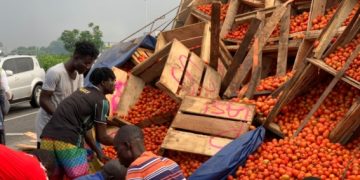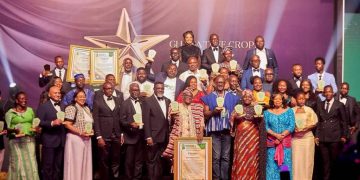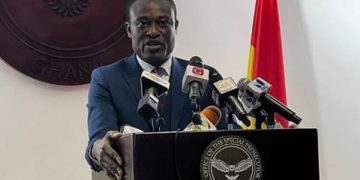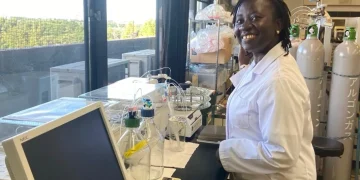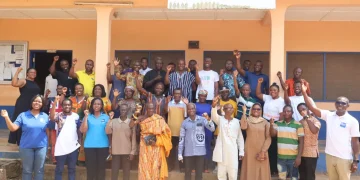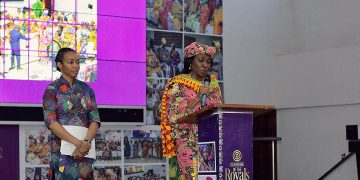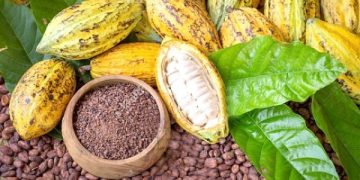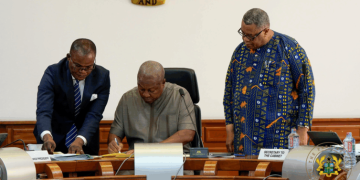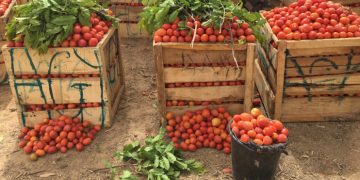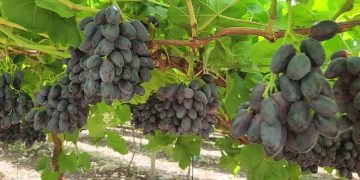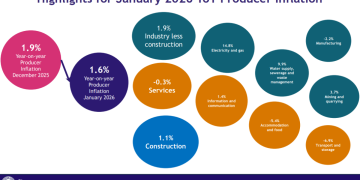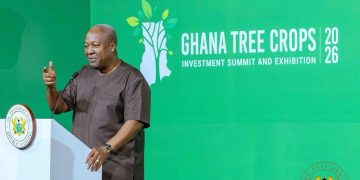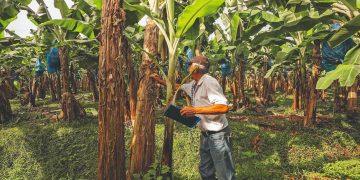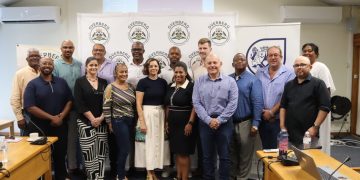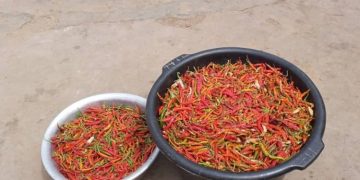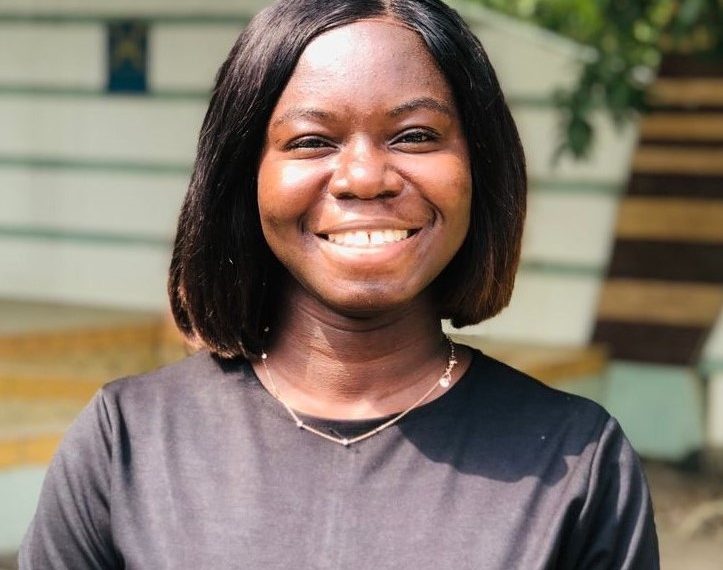As Ghana faces increasing threats from deforestation, illegal mining and climate change, the Forestry Commission is calling on the nation’s youth to take active leadership role in forest conservation and climate action, describing their participation as vital to securing a sustainable future for the nation.
Tessia Ama Boatemaa Boateng, a Measurement, Reporting, and Verification Officer with the Commission’s Climate Change Unit, made the appeal during an interview with Agriwatchgh News at the Young Forest Champions Workshop held in Accra.
She said youth involvement is central to the Forestry Commission’s long-term vision of preserving and enriching Ghana’s forest and wildlife resources for future generations.
“Young people should be at the forefront of Ghana’s fight against climate change because they will inherit the environment,” she stressed.
Empowering Youth through Conservation Initiatives
To drive this vision, the Forestry Commission has introduced several youth-focused initiatives that combine environmental conservation with livelihood opportunities.
Among these is the Youth Forest Initiative, which trains and employs young people in forest protection and conservation activities while providing financial support through allowances. The Tree for Life Program also engages young volunteers in hands-on reforestation exercises such as seedling collection and tree planting to restore degraded landscapes.
Additionally, the Commission’s Environmental Education Program sends officers to schools nationwide to teach children about the importance of trees and inspire a lifelong culture of conservation.
Youth as Drivers of Accountability and Change
She encouraged the youth to remain informed about the country’s Nationally Determined Contributions (NDCs) — Ghana’s official commitments under the Paris Agreement to reduce greenhouse gas emissions and build climate resilience.
“Young people must stay engaged in the climate space. They have a voice and must use it to hold leaders accountable and ensure Ghana meets its environmental goals,” she said.
Building a Generation of Forest Ambassadors
The newly launched Young Forest Champions Workshop, she explained, is designed to train passionate young leaders from across the country to serve as ambassadors for forest conservation and climate advocacy.
“The knowledge these champions gain will ripple through their communities as they share ideas and mobilize others to protect our forests,” Boateng said.
“Young people must be visible and take the lead. They have the energy, creativity, and influence to drive real change when they unite for the cause.”
With Ghana’s forests facing increasing threats from deforestation, illegal logging, and climate change, the Forestry Commission believes empowering young people to lead conservation efforts is essential.
“Engaging the youth is not just an option it is the surest path toward a sustainable and climate-resilient future,” Boateng emphasized.










